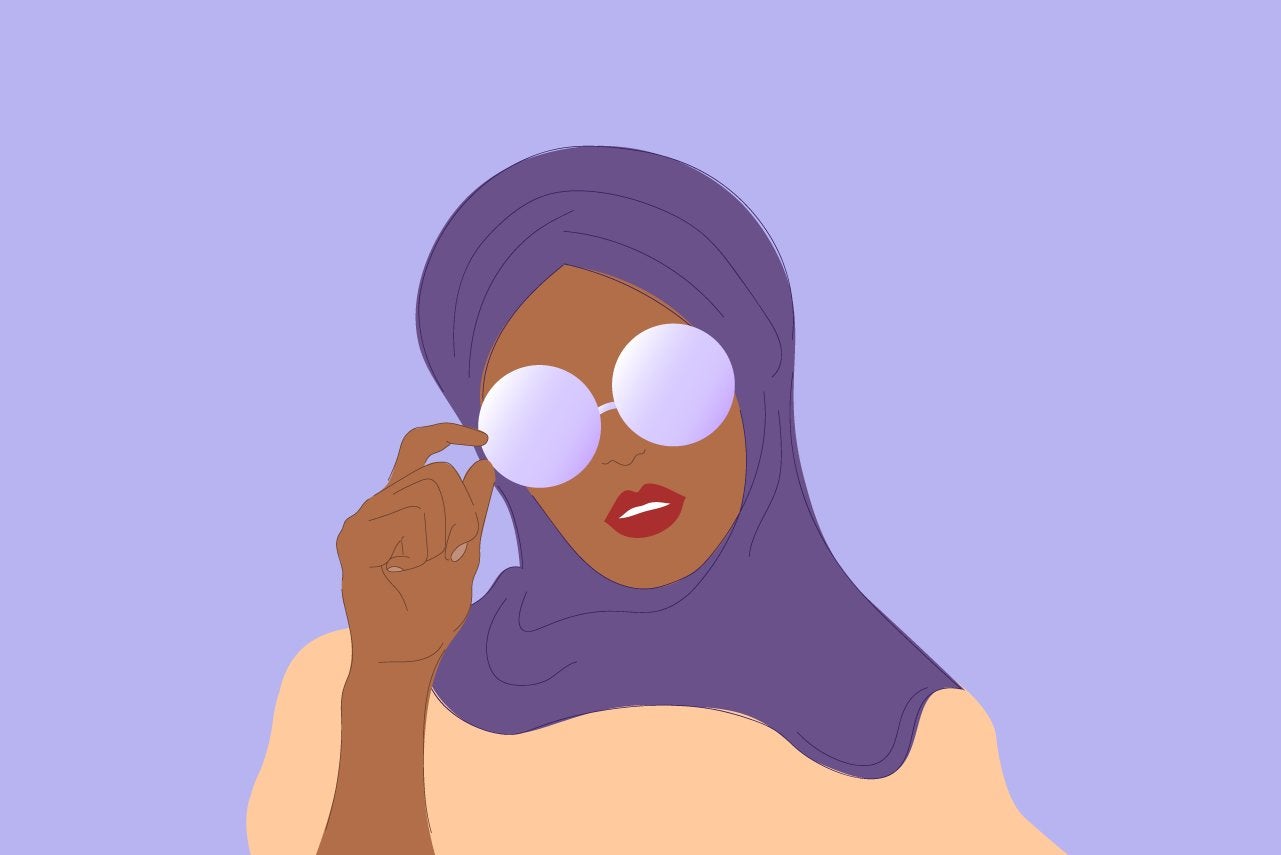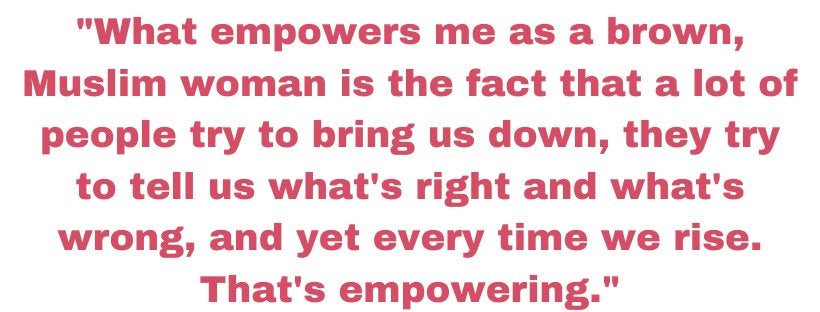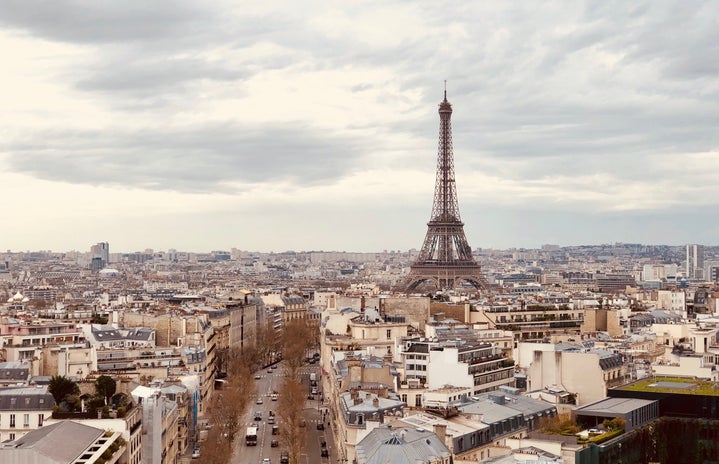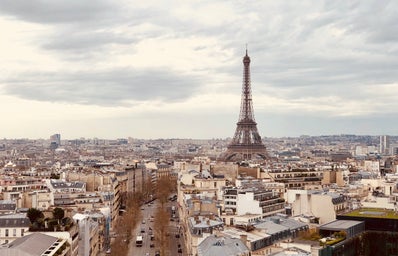In an unfolding situation in France, it is becoming clear that issues of religion are more so about race and ethnicity. While this issue has only begun to dominate the news recently, this problem began in 2004 for the Muslim people of France. What has caused the increased news coverage is an “anti-separatism” bill passed by the conservative sect of the French parliament which was brought forth by the French president himself.

The bill expands on a series of political ideals, and subsequent laws, calling for the suppression of any identities that do not align with or have “respect for French values.” This has devolved into officials banning the veil in sport competitions as well, which could potentially affect the 2024 Olympics in France. This is extremely problematic for a number of reasons. France has one of the largest Muslim populations in Europe, and therefore this effects a large majority of her citizenry. It cannot be argued that in enacting these laws and upholding this societal precedent that France is catering to the majority. It was estimated in the early 21st century that there are 5 million Muslims in France, in contrast to one million Protestants and 150,000 Orthodox Christians.
What’s worse, this ban is targeting women of color. Lately, for white French women, the balaclava has become a popular fashion trend. Fashion circles from around the world have cited the balaclava as an up-and-coming trend that isn’t going away any time soon. As Paris is one of the fashion capitals of the world, it has taken hold for many French people inside and out of the city.
Cultural Appropriation
There is plenty of history surrounding the use of cultural icons and traditions as fashion statements, and this example is the poster child for cultural appropriation. While Muslim women can be fined or detained for wearing something sacred to their identity, white men and women can walk the runway with something eerily similar and be called a fashion icon for doing so, garnering tons of praise and recognition from people around the world. This is a perfect example of political discrimination.

A candidate for the En Marche party of a local council was publicly called-out on Twitter for wearing a hijab in a candidacy photo. Stanislas Guerini, one of the co-founders of President Macron’s party, replied to the tweet saying, “Wearing ostentatious religious symbols on a campaign document is not compatible with the values of LREM. Either these candidates change their photo, or LREM will withdraw its support.” This attack on the woman’s identity is not only inappropriate, but diminishing of the way her faith plays a role in her life. One’s faith does not impact their ability to lead, so long as they do so with due diligence and good governance. Hence, this ban has been called a “law against Islam” by many.
What does this mean for France?
This ban has many implications for the population of France. One being the education of young girls. Minors have also been banned from wearing the veil outside and in schools, meaning that attendance has fallen for Muslim girls. A lack of an education has been widely recognized as detrimental to one’s ability to integrate into society once they have grown, leaving these young women in a vulnerable position. With France’s Muslim population being so large, this could have serious consequences for the health of the workforce longterm.
Additionally, these things increase social unrest and overall distrust in the government, leaving the stated intent of these bans moot. French politicians and citizens alike have said that these laws are based in “anti-separatism” and assimilationist ideals, which on the surface sounds like social cohesion and harmony. In actuality, these mindsets and laws lead to the suppression of identity and culture, and are reminiscent of what is called neocolonialism in a domestic context.
If France truly wants to embrace its national identity and be representative of its people to the rest of the world, a concerted effort to look inward to redefine who a Frenchman can and will be is crucial now more than ever.



